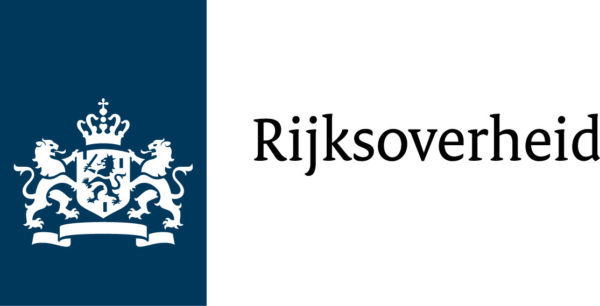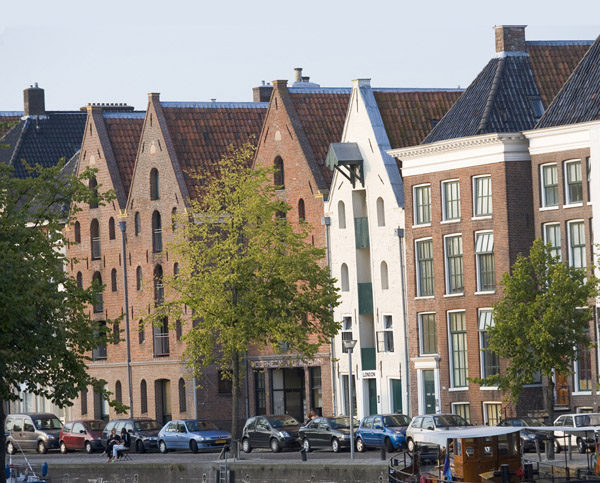All newcomers to the Netherlands are confronted with the necessity of having to find housing. This can be a very stressful period as it involves a fast-track course in learning housing-market conditions and regulations, as well as possibly having to adapt your lifestyle to the space available, the neighborhood and the surroundings.
In the Netherlands one important distinction to make is that between social-sector housing and private-sector housing. Although most of the rights and obligations for tenants are the same regardless of the sector, the main differences revolve around the price of the rent, its eventual increase and the authority to contact in case of dispute.
The rights and obligations of tenants can be divided into two: the rights and obligations that are established by law (and cannot be modified by the parties), and the rights and obligations which are agreed upon by the parties in the rental contract according to their personal circumstances.
The webpage of the Rijksoverheid provides a very concise list-including frequently asked questions- over renting properties. You can find the information at the following link (please keep in mind that this information is only provided in Dutch): https://www.rijksoverheid.nl/onderwerpen/huurwoning
In summary, these are some of the rights you have when renting a property:
- To receive a signed copy of the contract and to have the following things specified:
- A clearly established rental price, whether it is all-in or split in rent, utilities and services cost; as well as any other amounts to be paid (i.e. deposit).
- To have the landlord and the property clearly identified in the rental agreement.
- The description of the rental unit and all its accessories (i.e. furniture, appliances, flooring, etc.)
- The begin date and length of the contract.
- The date in which the rent can be yearly increased, according to the legally established maximum rates.
- The manner in which the contract might be ended by any or one of the parts. Please keep in mind that in case of temporary rentals, the tenant and landlord are obliged to complete the agreed rental period, unless a diplomatic clause has been added to the contract.
- An agreement about cleaning and/or sharing common areas.
- The number of people allowed to stay in the room/house (if applicable).
- To make an inventory of the property the day you receive the key(s).
- Peaceful living, including among others that the landlord does not enter or visit the property unannounced.
- To have access to the rented property at all times; if locks need to be changed, the landlord must inform the tenant(s) and provide them with a new key.
- To have all big maintenance works performed by the landlord, for example leakages, maintenance of frames, replacing locks and doors, renovation of the facades, etc.
- To have the deposit reimbursed when the property has been left in the same state it was received. Since legally there is no fixed term for this reimbursement, it is advisable to include an agreement on this issue in the contract. The usual term is to return the deposit within three months.
- To present an objection-either to the Huurcomissie or the court- in case of an unfounded increase of the rent or an anticipated termination of the contract. During the deliberation period, normally the tenant cannot be removed from the property.
Some important obligations for tenants include small and daily maintenance at their own expense, along with the repair of damages that have been caused by them. If the landlord takes care of these concepts, he is allowed to charge a fee in the form of service costs when discussed and agreed on this explicitly. It is also important to know that a property can only be sublet when the landlord (and sometimes the municipality) has given his permission to do so. Also, please take into account that tenants must take responsibility for the visitors they receive in the property.
 +31 (0)50 367 71 97
+31 (0)50 367 71 97  info@connect-int.org
info@connect-int.org

